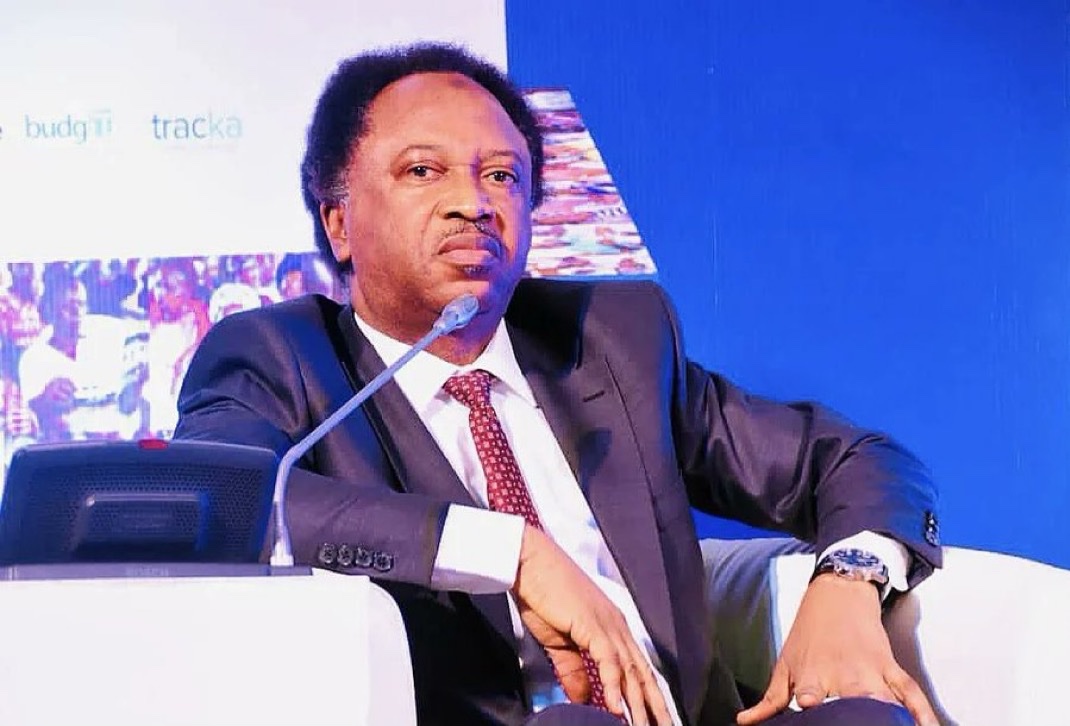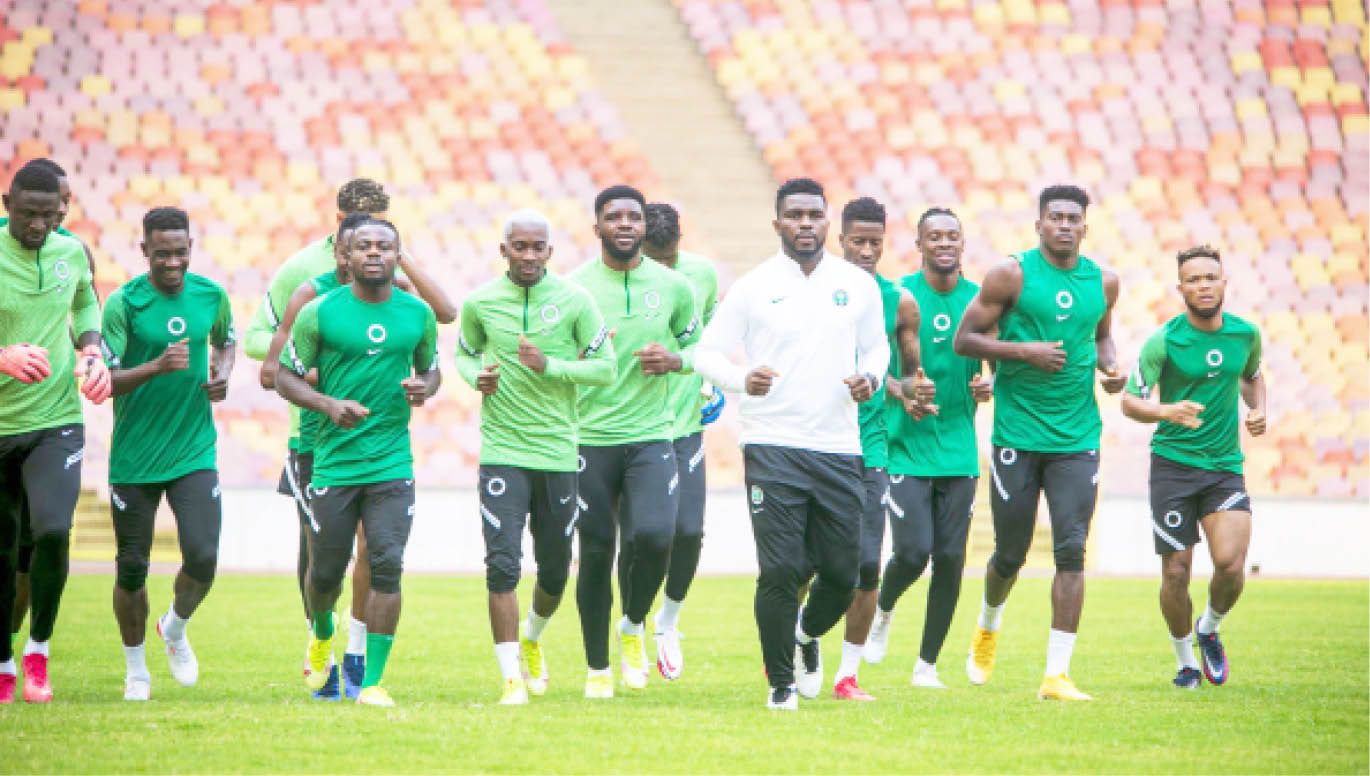
El Rufai Never Fought for Democracy, Governed with Arrogance — Shehu Sani Fires Fresh Salvo

In the ever-unfolding drama of Nigerian politics, a familiar voice has once again reverberated across the public space, one that is no stranger to controversies and unfiltered candor. Former Kaduna Central Senator, Shehu Sani, has fired yet another stinging attack on the former governor of Kaduna State, Nasir El Rufai, accusing him of never lifting a finger in the struggle for democracy and alleging that his years in office were marked by nothing but arrogance, intolerance, and abuse of power. The outspoken human rights activist turned politician has never minced words when it comes to his assessment of El Rufai, and this latest outburst is no different, reigniting a political feud that has long fascinated the Nigerian public.
Sani, who himself bears scars from Nigeria’s dark years of military rule and its turbulent transition to democracy, reminded Nigerians that those who paid the price for today’s freedoms are not always the ones occupying the seats of power. In a biting remark that cut deep into El Rufai’s political legacy, he said El Rufai never fought for democracy nor sacrificed anything for the Nigerian people, yet he wielded enormous influence and governed in a manner that alienated rather than united his people. According to Sani, the former governor’s approach to governance was not anchored in service, humility, or democratic principles but in an air of superiority and dictatorial tendencies that left many within Kaduna State bruised and bitter.
The senator, who is well-known for his time behind bars as a pro-democracy activist during the years of military dictatorship, recounted the struggles of activists who put their lives on the line to bring Nigeria to its current democratic path. In his words, El Rufai was nowhere to be found during those struggles. Rather, he was a technocrat who found his way into the corridors of power under the cover of appointments and proximity to the ruling elite. Sani argued that El Rufai’s political journey is not that of a freedom fighter who earned his place through the sweat of activism but one who leveraged connections, opportunism, and a brazen style that often rubbed both friends and foes the wrong way.
It is not the first time Shehu Sani has criticized El Rufai; the two have a long history of political disagreements that often spilled into the public arena during El Rufai’s eight-year tenure as governor of Kaduna State. The senator repeatedly accused the governor of intolerance to dissent and running the state like a fiefdom where contrary voices were silenced. Teachers, traditional rulers, civil servants, and political opponents were often casualties of El Rufai’s no-nonsense policies, with many either dismissed, demoted, or sidelined for opposing the government. To El Rufai’s supporters, those actions were bold steps toward reform and discipline, but to his critics like Sani, they were simply acts of arrogance and authoritarianism disguised as governance.
The Kaduna political space became a battlefield of words and actions between the two men, with El Rufai accusing Sani of being ungrateful for the political opportunities he once offered him, while Sani insisted he was never a stooge and would never compromise his conscience for political favors. Their feud reached national attention several times, with each fresh outburst reminding Nigerians of the deep divisions within the political elite of Kaduna.
Sani’s latest statement does not just revisit old wounds; it seeks to rewrite the narrative of El Rufai’s place in Nigerian history. At a time when political legacies are being debated and former governors are under the microscope for their stewardship, Sani’s reminder that El Rufai was absent from the trenches of the democratic struggle is intended to strip him of any claims to moral authority or historical importance beyond the offices he occupied. For Sani, history must remember that those who bore the brunt of the fight for freedom are not always those who later rise to govern.
In describing El Rufai’s years in power, Sani painted a picture of a man who ruled with arrogance and high-handedness, who dismissed criticisms as irrelevant, and who carried himself as though Kaduna State was his personal estate. He accused El Rufai of being intolerant to opposition, running down public institutions, and alienating communities with divisive policies. While El Rufai had prided himself as a reformer who was not afraid to take tough decisions, Sani insisted that leadership without humility, consultation, and inclusiveness is nothing but tyranny under the guise of governance.
The former senator further argued that El Rufai’s political methods left a state deeply polarized along ethnic and religious lines, with mistrust festering among its diverse communities. He claimed that rather than heal the wounds of Kaduna and build bridges of unity, El Rufai widened the cracks and left behind a legacy of bitterness that would take years to repair. In Sani’s estimation, arrogance in leadership is a dangerous poison, and El Rufai’s administration was an embodiment of that poison.
Observers of Nigerian politics are not surprised at Sani’s remarks. He has consistently positioned himself as a voice of conscience, even when his outspokenness has cost him political positions and friendships. His tenure in the Senate was marked by fiery speeches and fearless criticism of both his party and the opposition. Unlike many politicians who shy away from speaking against powerful figures, Sani has made a reputation out of challenging those at the top, often with biting humor and relentless conviction.
El Rufai, on the other hand, remains one of Nigeria’s most polarizing political figures. To his supporters, he is a courageous reformer who confronted entrenched interests and pushed for modernization, first as the Minister of the Federal Capital Territory and later as governor. To his critics, he is a hardliner who brooks no dissent, a man whose policies may have been effective on paper but were carried out with little empathy for those affected. The clash between these two personalities, both fiery and unyielding, has kept Kaduna politics in the spotlight for years.
Sani’s latest outburst is sure to stir debate once again. Already, it has sparked reactions across social media, with some applauding his courage for speaking out and others accusing him of bitterness and personal vendetta. For many Nigerians, however, the larger question is not about the personal rivalry between Shehu Sani and El Rufai but about what kind of leadership the country truly needs. In a nation still grappling with insecurity, poverty, and division, the character of its leaders matters as much as their policies.
As Nigeria looks toward future elections and the possibility of El Rufai playing a larger role in national politics, Sani’s words serve as both a warning and a reminder. They remind the people that not all who rise to power have a history of sacrifice for the nation, and they warn that arrogance in governance can leave wounds that take decades to heal. Whether Nigerians accept or dismiss his assessment is a matter of political choice, but one thing is clear: the rivalry between Shehu Sani and Nasir El Rufai is far from over, and their conflicting narratives will continue to shape political conversations in Kaduna and beyond.
In the end, the senator’s scathing rebuke captures a sentiment often whispered but rarely said aloud about many in Nigeria’s ruling class—that power is too often wielded by those who never fought for democracy, and when it is exercised with arrogance, it leaves scars that the people must live with long after the officeholder has left the stage.


